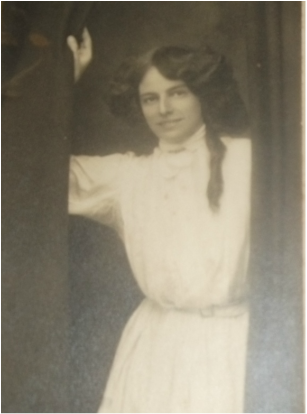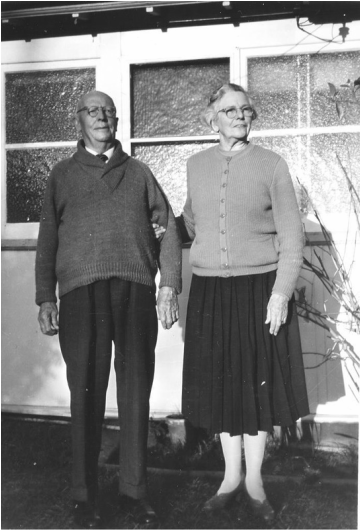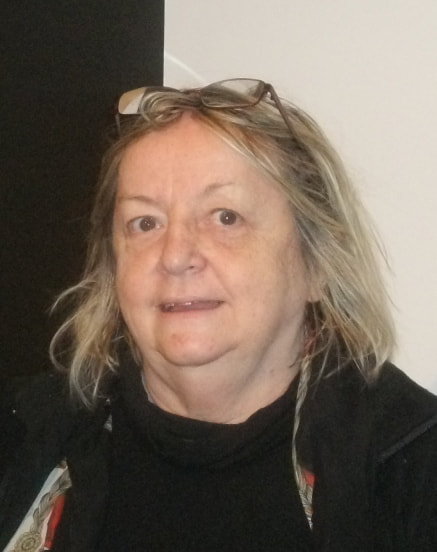I’m ashamed to say I have trouble ‘quitting’. I leave off, usually very gradually, and not very often. Or I keep on going… on…and on. ‘Quitting’, especially in a household influenced by both the Protestant work ethic and Catholic guilt as mine was, can be seen as a ‘no no’…. “don’t be a quitter”…. So we are encouraged to keep going despite difficulties, encouraged to be resilient, stoic, not to quit. But, if we have what people, or we, consider to be a shameful, unworthy, unhealthy or unproductive habit, we are expected to quit… just like that!
Over a 10 year period from 1994 to about 2004 I worked as an alcohol and other drug counsellor with people who wanted, or the courts or their families wanted, to quit using substances. I’ll admit now to the people who said to me ‘That must be hard work’, that it was! Very hard work! Probably because quitting is very hard work and sometimes seemingly impossible.
There’s a model used in alcohol and other drug work called ‘the Stages of Change’ model which helps to track people’s movements from not identifying the need for change to contemplating change as the pleasure being gained was waning and the pain and problems attached to deciding to change increasing; followed up by a decision to change, preparing to change, making the change or changes and hopefully, maintaining the change for a long period.
The model also reminded all involved that relapse was common at any stage, that the average number of attempts to change was seven…. that quitting is indeed ‘Hard Work’…. Hard work for people to quit or even reduce substance use, hard work for those working to support their efforts to change.
Later I worked teaching people who would work with alcohol and other drugs ‘misusers’. At the beginning of our work together I always asked them to give up something they loved for a week and write a journal about the experience. We laughed and laughed as they read out their journals the following week… quitting was so hard!
I always participated in the activity, usually choosing to have another go at my long quest to give up coffee. I ‘made myself’ drink coffee (“ugh”!) as a student at Monash University in the late 1960’s… and despite trying many times I’ve barely stopped ever since. I usually had to report that I had in fact binged on day 1, had reverted to substitution of decaffeinated coffee on day 3, and hadn’t manage to quit at all.
I also read out to them a piece by legendary Australian writer Henry Lawson who was dependent on alcohol for much of his adult life to help them to better understand people who struggled to quit…. I’m adding it below for you to read.
Before I go … I’ve just had a cup of coffee, and think I’ll have another one!...
Beverley
2015
Dear Bulletin
I’m awfully surprised to find myself sober. And, being sober, I take up my pen to write a few lines, hoping they will find you as I am at present. I want to know a few things. In the first place: Why does a man get drunk? There seems to be no excuse for it. I get drunk because I am in trouble, and I get drunk because I’ve got out of it. I get drunk because I’m sick, or have corns, or the toothache: and I get drunk because I’m feeling well and grand. I get drunk because I was rejected; and I got awfully drunk the night I was accepted. And, mind you, I don’t like to get drunk at all, because I don’t enjoy it much, and suffer hell afterwards. I’m always far better and happier when I’m sober, and tea tastes better than beer. But I get drunk. I get drunk when I feel that I want a drink, and I get drunk when I don’t. I get drunk because I had a row last night and made a fool of myself and it worries me, and when things are fixed up I get drunk to celebrate it. And, mind you, I’ve got no craving for a drink. I get drunk because I’m frightened about things, and because I don’t care a damn. Because I’m hard up and because I’m flush. And, somehow, I seem to have better luck when I’m drunk. I don’t think the mystery of drunkenness will ever be explained – until all things are explained, and that will be never. A friend says that we don’t drink to feel happier, but to feel less miserable. But I don’t feel miserable when I’m straight. Perhaps I’m not perfectly sober right now, after all. I’ll go and get a drink, and write again later.
Lawson
1903




